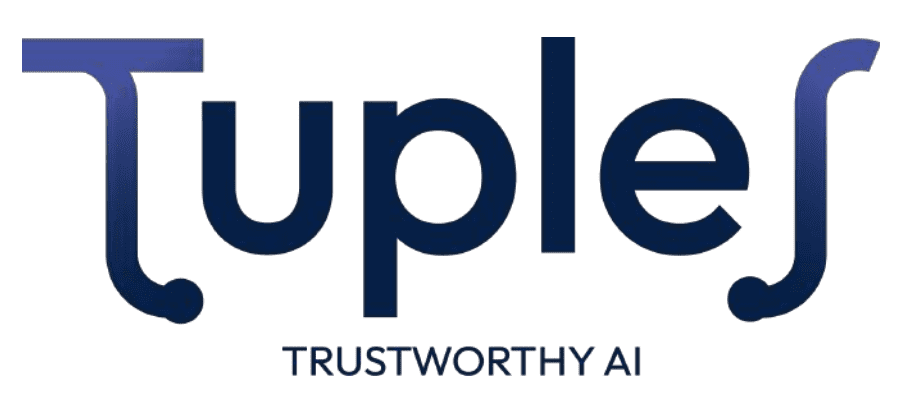Saarland University: Leading the Way in AI Planning and Trusted AI
-
06/10/2023
-
NewsNews

Saarland University, located in Germany, is a leading site for Computer Science (CS), housing two CS Max-Planck Institutes and the new CISPA Helmholtz Center for Information Security.
Additionally, the Foundations of Artificial Intelligence (FAI) Group, part of the Saarland Informatics Campus, is dedicated to advancing the understanding of the fundamental principles and theoretical underpinnings that drive AI technology.
The FAI Group’s main area of research is focused on complex decision-making problems, specifically planning problems, where an agent must determine how to act in an environment to achieve its goals. The group is mostly interested in general AI planning problems that require generic decision-making capabilities, not specialized to a particular domain.
In recent years, the FAI Group has increasingly focused on neural networks and reinforcement learning and their combination with symbolic methods to form various forms of neuro-symbolic AI. They are particularly interested in developing techniques that can help achieve Trusted AI, such as generating explanations for the generated behavior.
The FAI Group’s contributions to the TUPLES project are in three areas:
First, the group leads work package 4, which aims to increase trust in a policy by providing safety and robustness guarantees in plans and schedules based on the policies. This includes actively searching for situations where the policy acts inappropriately and providing formal proof of certain properties of a policy;
Second, the group contributes to work package 5, which aims to provide trust through explanations of policy-based behavior. Here, the group provides techniques to explain action sequences that were generated based on learned policies;
Third, they will collaborate with industry partners to employ their techniques for testing, verifying, and explaining policy behavior in respective scenarios, such as Airbus’ single-pilot aircraft operation use case.
As we continue to witness the significant impact of AI on various industries and everyday life, it is critical to understand the fundamental principles and theoretical underpinnings that drive this technology.
The FAI Group’s research and teaching efforts in the foundations of AI play a crucial role in advancing our understanding of AI, its capabilities, and its limitations. Their work in developing techniques for achieving Trusted AI will undoubtedly be crucial in ensuring that AI is used safely and responsibly in the future.
In summary, Saarland University and the FAI Group are leading the way in AI planning and Trusted AI. Their contributions to the TUPLES project and ongoing research efforts in the foundations of AI are significant steps forward in advancing our understanding of this technology and ensuring its safe and responsible use in the future.
Link to the summary of the Saarland University contribution to the TUPLES project.


